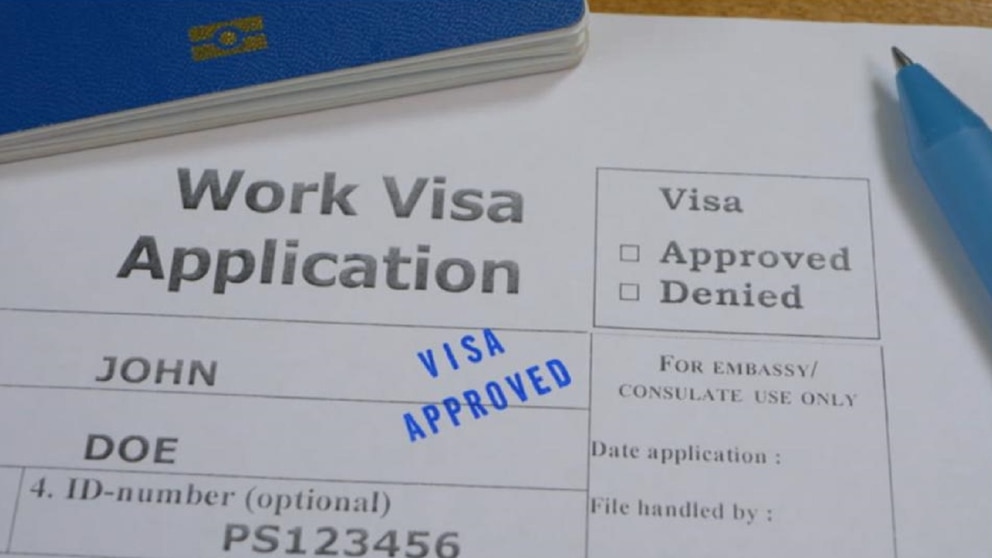Student Protests Rage at Columbia University Amid Arrests
Columbia University’s student workers union, along with several supporters, rallied against the recent arrest of Palestinian campaigner Mahmoud Khalil and expressed discontent over recent measures enacted by the Trump administration against the university. This gathering, which took place in New York on March 14, 2025, challenges the perceived ongoing infringements on civil liberties. In connection to this, a new development was announced on the same day, raising further concerns and triggering a storm of protest.
The Department of Homeland Security (DHS) released a statement detailing their arrest of a second Columbia University student. Accused of openly challenging the continuous U.S. supported Israeli conflict in Gaza, which has officially resulted in the loss of over 47,000 Palestinian lives, many of whom are women and children, the student has found herself in the crosshairs of a formidable agency.
The arrested individual, Leqaa Korida, is a Palestinian native from the West Bank. The charges against her stem from allegations by Immigration and Customs Enforcement (ICE) and Homeland Security Investigations (HSI) that her F-1 student visa had expired. It was said that she was taken into custody while participating in a protest at Columbia University in April 2024.
DHS asserts that Korida’s visa officially expired on January 26, 2022, placing her arrest during the Columbia University demonstration nearly two years after the termination of her student status. This incident marks the second such arrest at the university in quick succession.
Mahmoud Khalil, the first detainee and a green card-holding graduate of Columbia, was subjected to a similar fate. At age 30, Khalil was taken into DHS custody and quickly relocated over 1,300 miles to a privately run detention facility in Louisiana. This abrupt relocation from his wife, who is nearing the end of her pregnancy, has stirred considerable controversy.
It was during the so-called ‘Gaza Solidarity Encampment’ on April 17, 2024, that the roots of these events can be traced. In this initiative, students at Columbia University publicized their call for the institution to divest its interests in corporations linked to the Israeli government or military.
The encampment undertaking rapidly expanded, reaching over 120 universities both domestically and overseas. The protest drew thousands of students and educators who delivered a unified message against the ongoing conflict.
In a notable move of resistance and unity, a multitude of students staged a peaceful occupation of a well-known Columbia building, Hamilton Hall. Showing their solidarity towards the Palestinian cause, they renamed the building ‘Hind’s Hall’ in memory of six-year-old Hind Rijab, one of numerous casualties inflicted by the Israeli military amid one and a half years of devastation.
Notwithstanding the overt peaceful nature of these student-led demonstrations, the New York Police Department launched an extensive operation to dismantle the encampments, resulting in hundreds of student arrests. Such drastic measures were not isolated to the city of New York, eventually spreading nationwide.
As of now, Khalil remains confined to an immigration detention center in Jena, Louisiana. His case is currently under the jurisdiction of District Judge Jesse Furman in New York, who has successfully postponed Khalil’s potential deportation, stating that further legal proceedings are to be continued in the forthcoming week.
Khalil’s experience has sparked widespread resentment, both within the United States and on a global scale. In a showing of collective anger, hundreds of students and other community members assembled on Columbia’s campus, advocating for Khalil’s liberation and the cessation of American backing for Israel.
In a similar demonstration of unity and resistance, just over a hundred protestors mobilized in Ann Arbor, Michigan. Their march concluded at the official residence of University of Michigan president Santa Ono, bearing a collective demand for the university to discontinue its cooperation with immigration law enforcement agencies.
This wave of protest and the subsequent detentions are viewed by many as a facet of a broader strategy by the Trump administration to quell dissent regarding U.S. foreign policy and alleged war crimes. The administration has harshly criticized Columbia, accusing the institution of sheltering ‘illegal aliens’ and promising further investigations into the university’s past actions.
This investigation is speculated to probe into potential violations of civil rights laws and the possibility of terrorism-related crimes. The outcomes of these events facing Columbia, and universities across America, could set an important precedent in the context of collective action, civil disobedience, and the protection of First Amendment rights.

